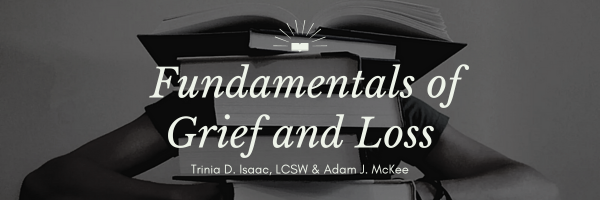Exploring grief in the context of suicide presents a unique and complex landscape, marked by intense emotions and societal stigma that can isolate survivors. This section delves into the multifaceted nature of grieving after a suicide, examining the spectrum of feelings survivors endure, the societal challenges they face, and the critical role of supportive communication and professional aid. By understanding these elements and advocating for empathy and open dialogue, we aim to dismantle stigma and foster a healing environment for those affected by suicide loss.
Reading Assignment for Section 6.1
Read the following subsection from our online textbook: Section 6.1: Suicide and Grief.
What You Will Learn
In this section, you’ll explore the unique and complex landscape of grief following a suicide, gaining insight into the intense emotions and societal stigma that can isolate survivors. You’ll learn about the spectrum of feelings experienced by those who have lost someone to suicide, the challenges posed by societal attitudes, and the importance of supportive communication and professional help. This section aims to dismantle stigma and foster a healing environment through empathy and open dialogue.
Student Learning Outcomes for Section 6.1
- SLO 1: Identify the spectrum of emotions experienced by suicide loss survivors.
- SLO 2: Explain the impact of societal stigma on suicide grief.
- SLO 3: Discuss the importance of professional support for survivors.
- SLO 4: Describe effective strategies for communicating with survivors.
- SLO 5: Analyze the role of memorializing in the healing process.
Modification History File Created: 06/24/2024 Last Modified: 06/25/2024
You are welcome to print a copy of pages from this Open Educational Resource (OER) book for your personal use. Please note that mass distribution, commercial use, or the creation of altered versions of the content for distribution are strictly prohibited. This permission is intended to support your individual learning needs while maintaining the integrity of the material.
This work is licensed under an Open Educational Resource-Quality Master Source (OER-QMS) License.
